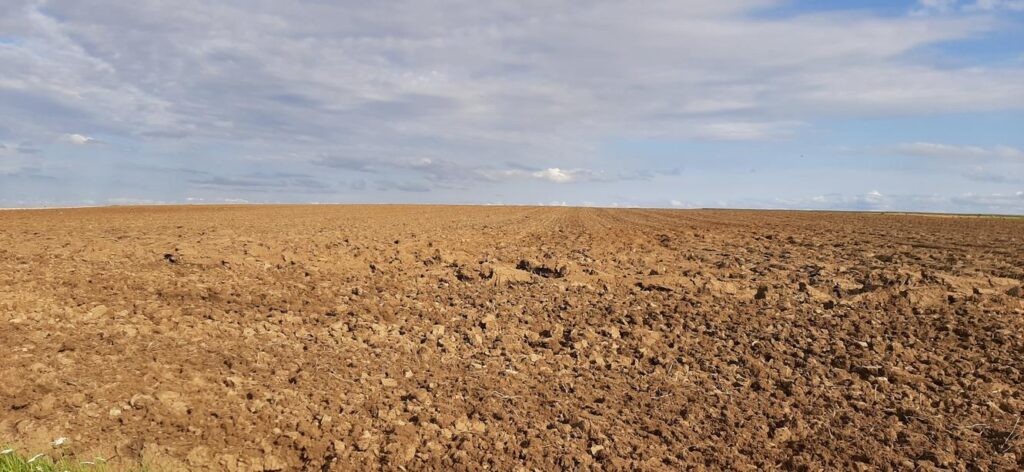In July I joined a small cohort in KDVI’s signature group coaching practicum. We are there to enhance our psychodynamic-systemic skills and apply them to group coaching. It’s a fine complement to the Executive Master in Change I participated in some years ago. Among other enjoyable aspects of the program is to get back into some reading I’ve already done in the past. It’s an opportunity to discover things I hadn’t seen the last time around.
I’ve been in and around groups numerous times. And, just like Antony Frogett reminds me in his paper “What is a group? A discussion of Bion’s experiences in groups” I’ve come to join groups assuming I would know what to expect. Looking for processes, stages, or whatever phenomena I may know about groups.
While Bion did a lot to describe groups and group behaviors, what he was interested in was the actual experience of being in a group. He was careful about the way he was studying and participating in groups and dubious about naming things. As David Armstrong describes it in “Names, Thoughts and Lies”: “In the early sessions he [Bion] often spoke about ‘naming’ and the use of names: the way naming has an illusionary quality, as if it were felt to be the answer to a question rather than the question for which an answer needs to be sought”
To which Frogett adds a description of the word “group” explain that it can be nouns, verbs, as well as an adjective. We can belong to a group or arrange items into a group. There is a marketing group as well as a group of marketers, not to forget the team (group) effort.
With such a variety of ways to understand groups, there are as many ways to observe them. Bion was inviting us to move our thinking beyond the simple analysis based on “membership” or “boundaries”. And to move our capacity to observe beyond our ability to see or hear.
What Bion and Frogett point at is that our desire to know and make sense of an experience can prevent us from actually experiencing it. They suggest, that our capacity to see may not be best used through naming. And refer us to “negative capability”, which is the capacity to remain “in uncertainties, mysteries, doubt, without any irritable reaching after facts and reason.”
It may be a scary experience for the way we are conditioned. However, it is also a means to engage our thinking with the complexity of the reality we find ourselves in. It moves us beyond prejudices and into a different speed of making sense. One that may be faster than the shortcut naming has given us.
It is no coincidence, that Bion’s concern in doing his work was related to leadership and authority.
The ability to make decisions based on reality instead of how we perceived it from past experiences has gained relevance. The analytical skills and decision-making tools we’ve been used to, need to rest on the experience we are making, not the one we’ve archived. With the speed of change we are experiencing, there is less time left between now and the future. And leaders are at the forefront of those who need to let go of the learned to learn faster.

